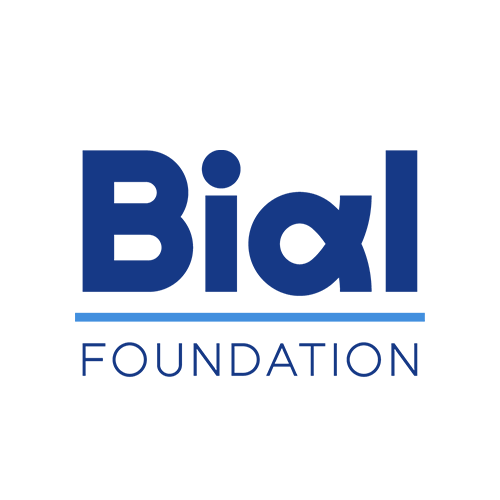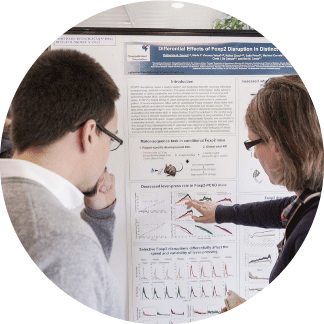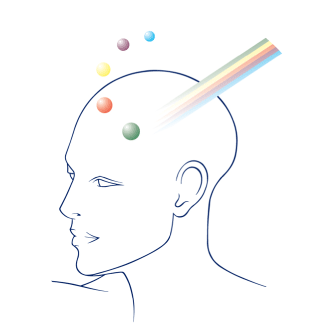News
Top Stories

Do we feel less moral responsibility when following orders?
Study confirms that the perception of being the author of our actions decreases when we follow orders.

Which factors influence dream recall?
Research revealed the main factors that determine dream recall: attitude towards dreams, tendency to mind wandering, and sleep patterns.

How does the brain respond to positive and negative stimuli?
Study demonstrates the brain's ability to constantly reclassify external stimuli based on previous experiences and adapt to new situations.
News

How does the brain turn what it sees into action?
A study reveals the plasticity of neural pathways and how the brain repurposes motor networks to learn new associations, a testament to its adaptability.
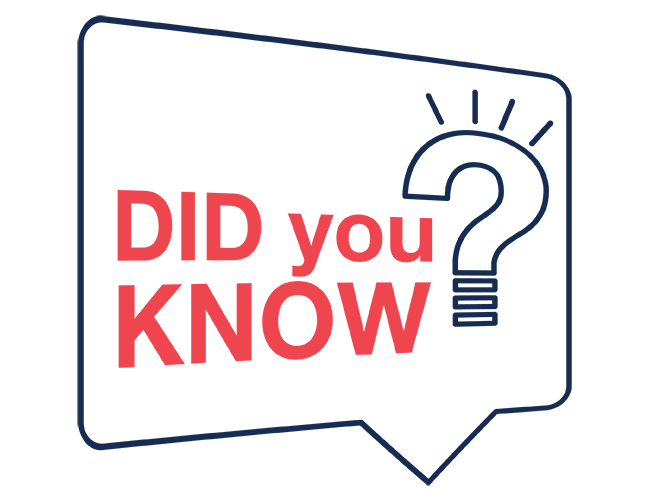
Did you know it’s possible to study awe in the human brain?
The SUBRAIN project aims to understand the brain mechanisms underlying the emotion of awe, defined as a profound feeling of wonder in response to something sublime.
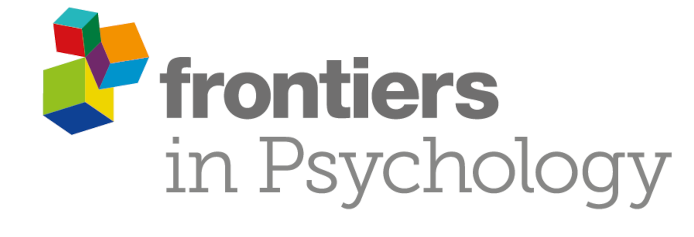
Do unconventional beliefs help give life meaning?
A study suggests that unconventional beliefs may reflect alternative and psychologically rich ways of attributing meaning to existence.


